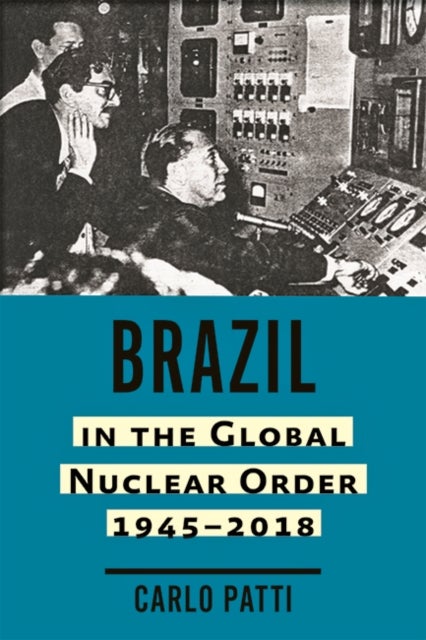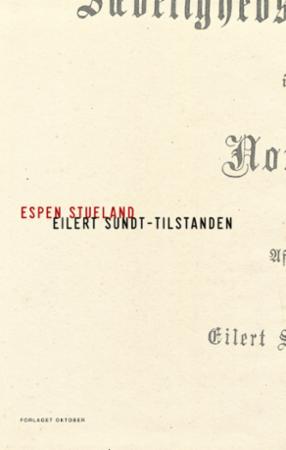
Brazil in the Global Nuclear Order, 1945-2018 av Carlo Patti
629,-
<p><b>The first comprehensive and definitive history of Brazil''s decision to give up the nuclear weapon option.</b></p><p>Why do countries capable of "going nuclear" choose not to? Brazil, which gained notoriety for developing a nuclear program and then backtracking into adherence to the nonproliferation regime, offers a fascinating window into the complex politics surrounding nuclear energy and American interference. </p><p>Since the beginning of the nuclear age, author Carlo Patti writes, Brazil has tried to cooperate with other countries in order to master nuclear fuel cycle technology, but international limitations have constrained the country''s approach. Brazil had the start of a nuclear program in the 1950s, which led to the United States interfering in agreements between Brazil and other countries with advanced nuclear industries, such as France and West Germany. These international constraints, especially those imposed by the United States, partly explain the country''s decis








